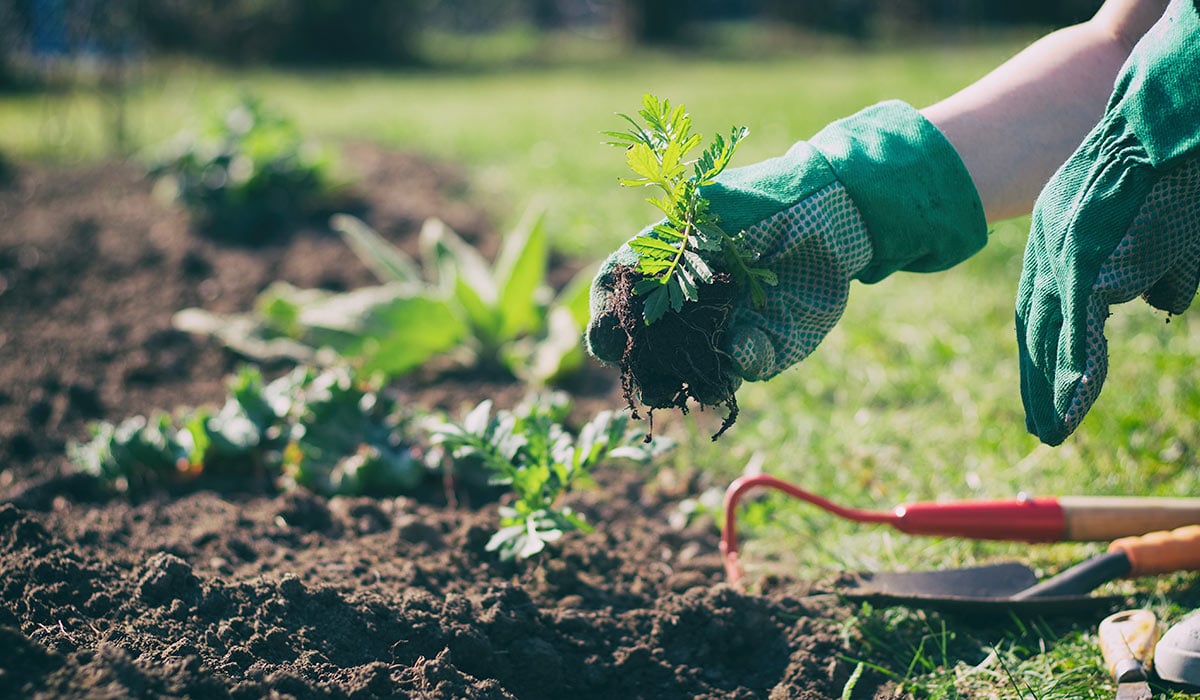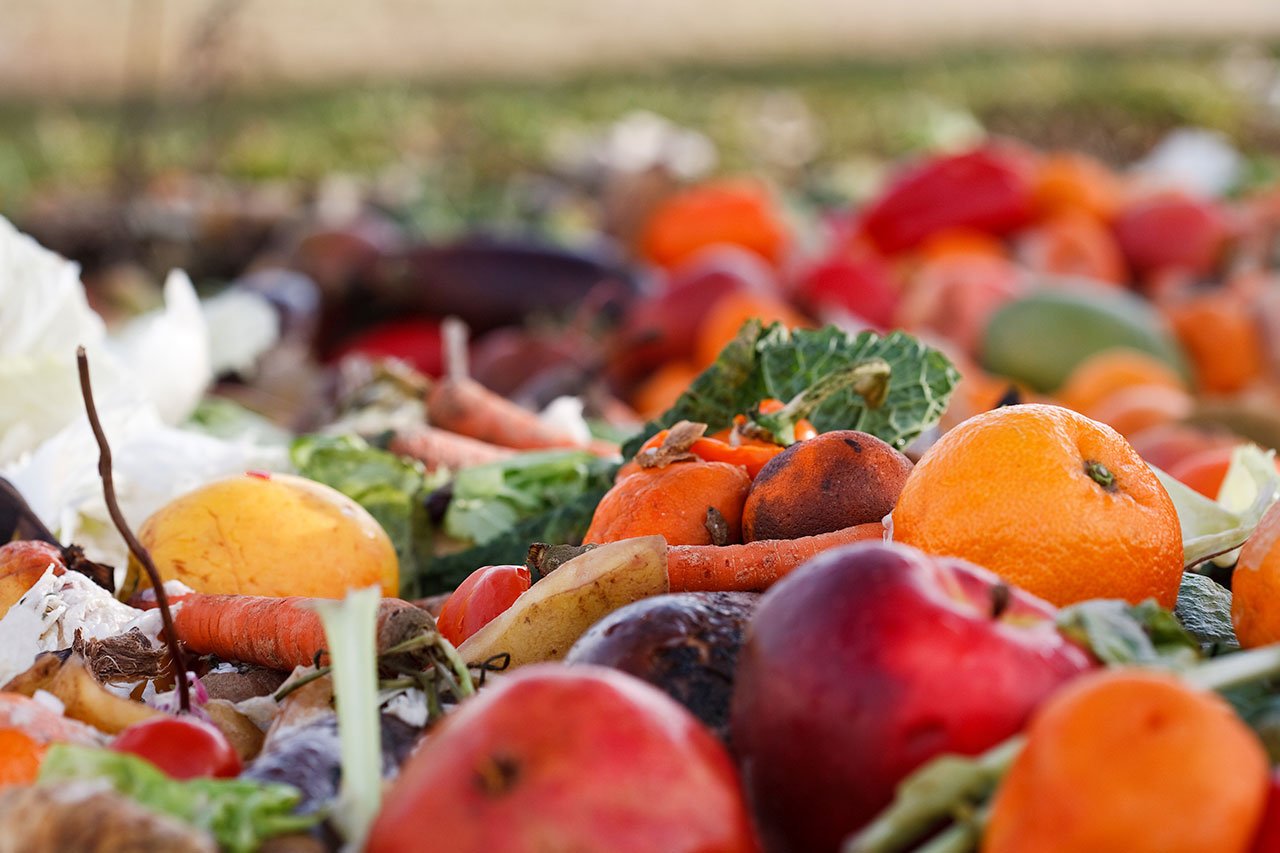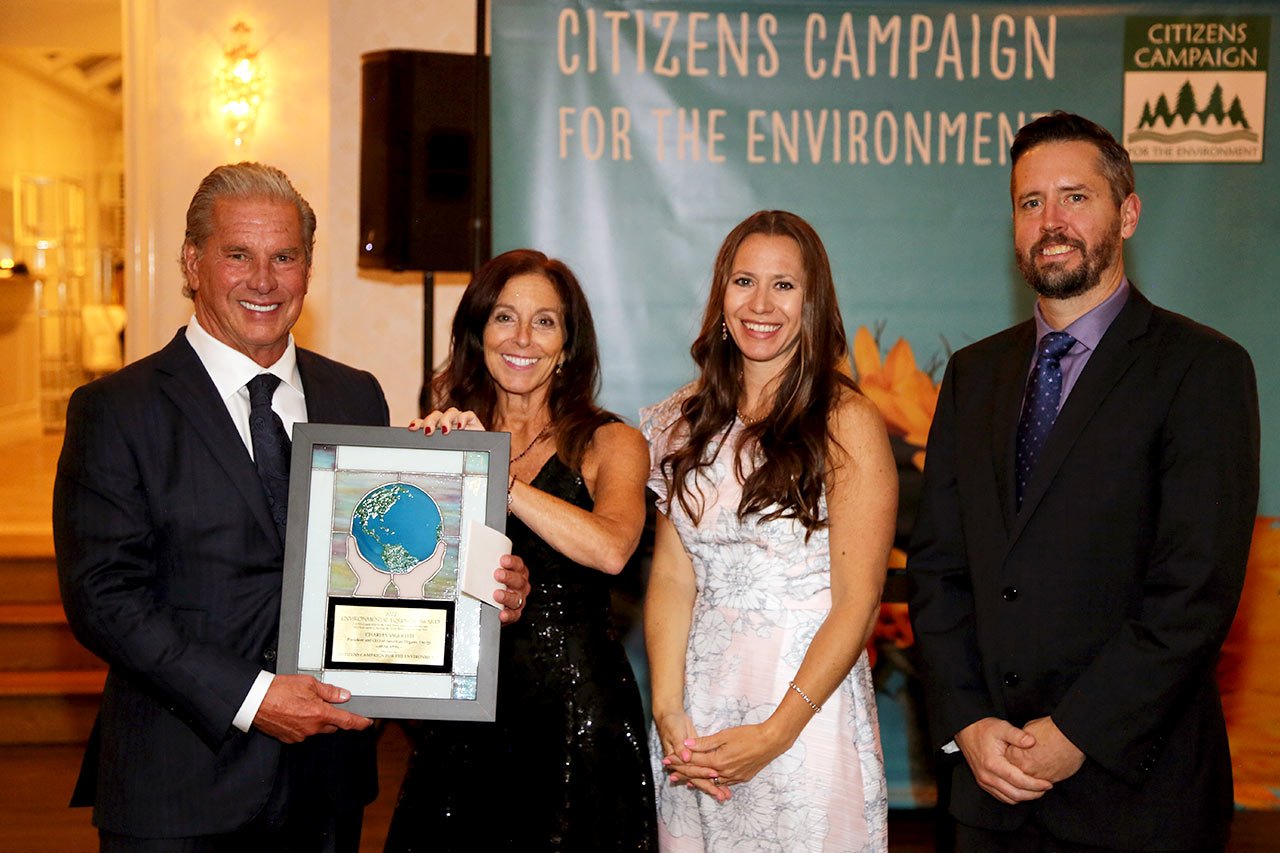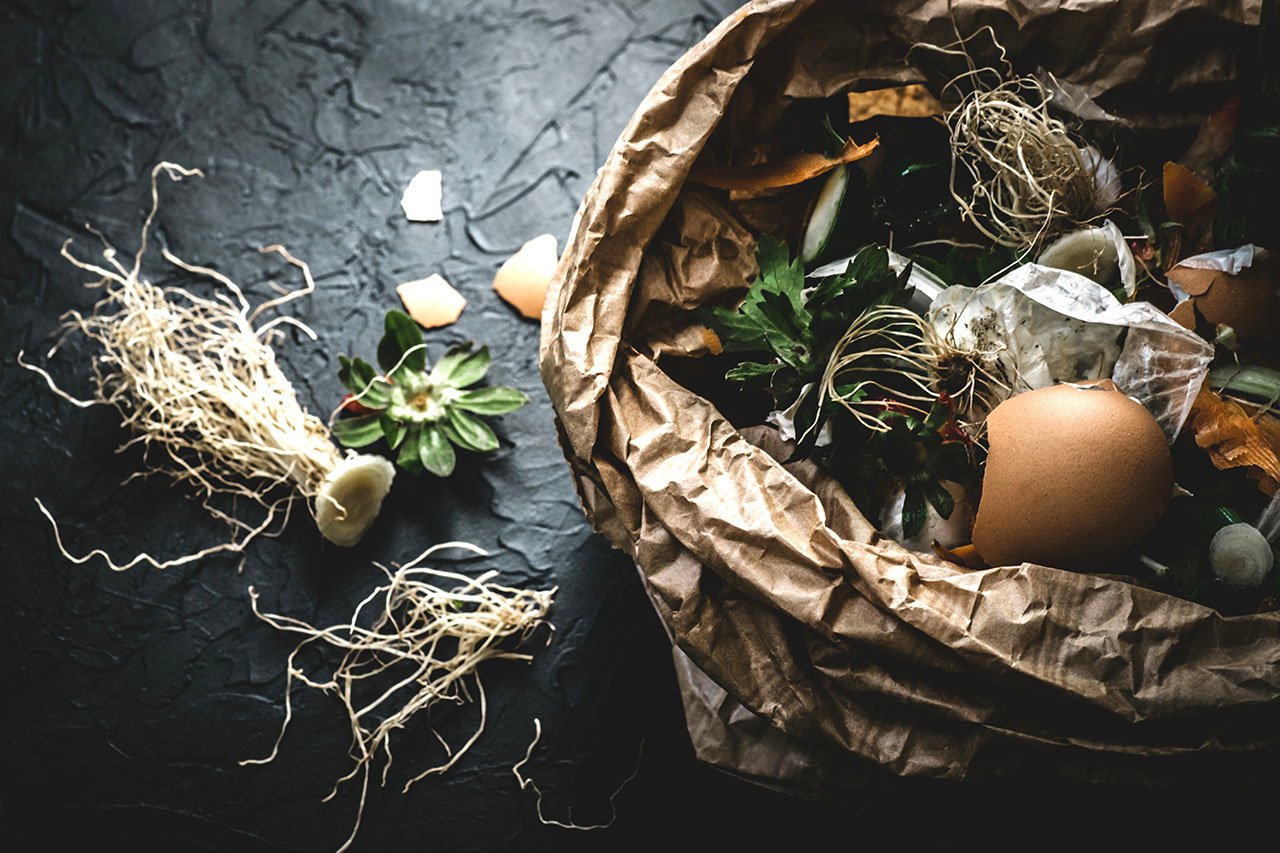The natural world is full of cycles. Plants mature and produce seeds that germinate, spawning new life. Meanwhile, organic soil sequesters carbon from the environment to nourish plant life while reducing greenhouse gases. While these processes may seem complex, anyone can witness them in action within their own gardens.
Avid gardeners are well versed in the effects of climate change. With 45 years of experience under his belt, best-selling author, long-time columnist, and avid organic gardener Jeff Lowenfels inadvertently documented the effects of climate change on gardening—reversing his belief that Alaska was the only state in America that couldn’t sustain okra due to its extreme environment, to reporting its successful growth there.
To understand the connection between climate change and gardening, we must also examine the role soil plays in this delicate system.
The Effects of Climate Change on Gardening
As climate change progresses, growing patterns, custom soil needs, and growable plant species all shift accordingly.
Planting zones have moved north, meaning the mix of plant life will change. Species formerly common in some regions may virtually disappear, while invasive species take over. The changing temperatures not only affect which plants will grow but make the growing seasons less predictable. These shifts could in turn impact pollinators and other wildlife.
With an increasing likelihood of heatwaves and drought, water conservation is also key. The use of rain barrels, mulching, quality soil, drip irrigation, and other methods can help limit water usage while sustaining plant life.
In short, even expert gardeners will need to adjust deftly to help their gardens flourish.
The Impact of Gardening on Climate Change
Gardens can play a notable role in combating climate change and its effects.
As invasive species thrive, gardeners could help support local flora by focusing on native plants. This can help preserve biodiversity while sustaining local wildlife. Additionally, native plants often require less maintenance, limiting the need for fertilizers, pesticides, and water that could otherwise take a toll on the environment.
Building healthy soil for your garden is also beneficial. Composting kitchen and yard waste not only supports the soil without the use of chemical fertilizers but can also limit greenhouse gas emissions typically produced by disposing of organic waste in landfills.
Growing some of your own food can further lessen your environmental impact. Food sold in grocery stores often travels significant distances, contributing to greenhouse gas emissions associated with transportation. Food grown in your yard cuts the commute, meaning it’s fresher and more eco-friendly.
What Role Does Organic Soil Play in the Process?
High-quality soil is the foundation of a healthy garden and environment. For gardeners, soil is essential for nourishing plants and conserving water. For the climate, it’s critical to limiting greenhouse gas emissions. That’s because healthy soil sequesters carbon, preventing its release into the atmosphere. Supporting healthy soil through composting, mulching, and no-till practices is a small way that even beginning gardeners can combat climate change.
New York City’s soil is an example of how biodiverse soil benefits plant life, the environment, and society as a whole. This urban resource supports green spaces that improve well-being, provide food, and sustain local wildlife. At the same time, healthy city soil houses a significant amount of carbon and reduces the risk of flooding.
Long Island Compost produces custom organic soils rich in nutrients to help gardens thrive. While conditions are changing rapidly, our unique blends are designed specifically for your environment. Contact us to learn more about the right soil for your garden.








